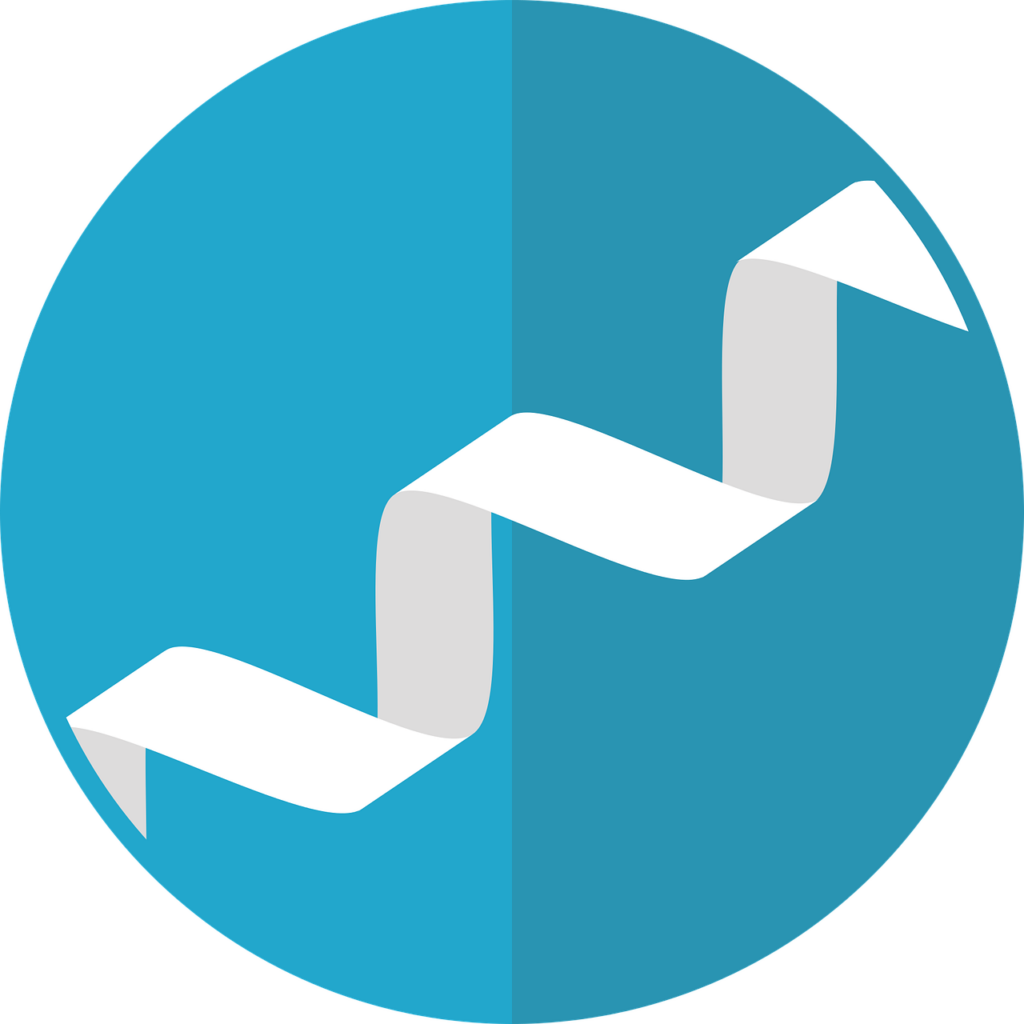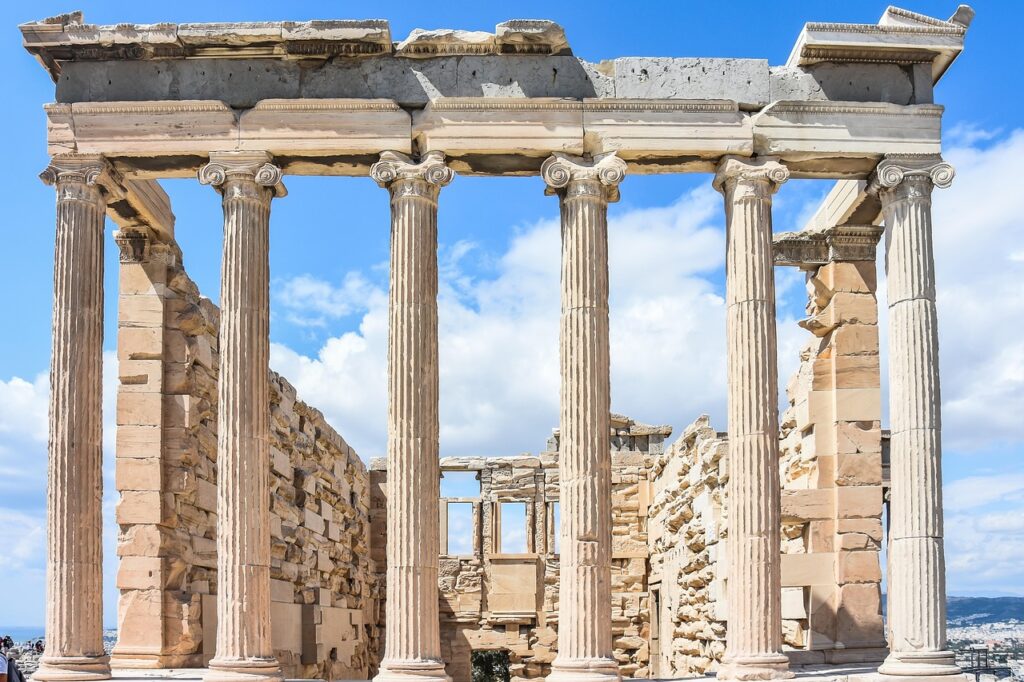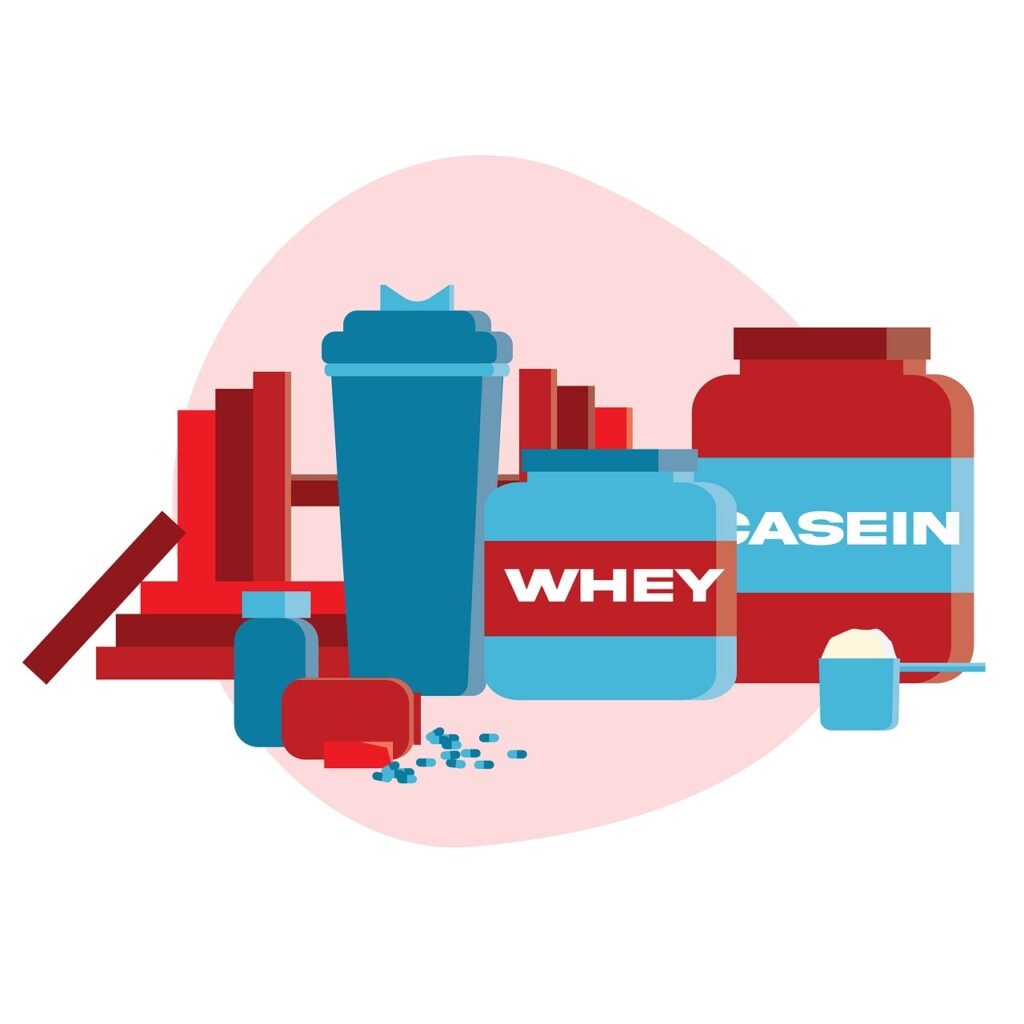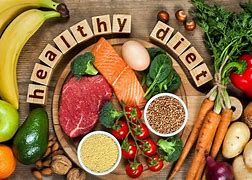
The Power of Protein: Why Protein Matters More Than Ever in Ageing

So then, Protein and Ageing. Here, protein is one of the most important nutrients we consume, especially as we get older. But, many older adults don’t get enough of it. However, in this post, we’ll explore the fascinating history of protein. And what it does in the body, why it’s essential for older adults. In addition, the best protein-rich foods, the role of supplements, and the benefits of a protein-rich diet.
A Brief History of Protein

As a result, the term “protein” comes from the Greek word proteios, meaning “primary” or “of first importance.” By the way, it was first coined in 1838 by Dutch chemist Gerardus Johannes Mulder, who recognized it as a vital component of living organisms.
Subsequently, protein has become a cornerstone of nutritional science. Hence, from bodybuilders to dieticians, everyone agrees: protein is essential for growth, repair, and overall health.
What Does Protein and Ageing Do in the Body?

So then, protein is made up of amino acids, the building blocks of life. In addition, these amino acids are involved in nearly every bodily process, including:
- Repairing tissues and muscles
- Supporting immune function
- Producing enzymes and hormones
- Maintaining skin, hair, and nails
- Fueling cellular function
Without adequate protein, the body struggles to heal, grow, and maintain strength. Especially in an ageing body.
Why Protein Is Crucial for Older Adults

As we age, maintaining muscle mass becomes . Besides, protein becomes even more critical because it:
- Helps preserve muscle mass and strength
- Aids in recovery from illness or surgery
- Supports bone health and reduces fracture risk
- Improves metabolism and helps manage weight
- Enhances balance and mobility, reducing fall risk
Simply put, a protein-rich diet can help older adults stay strong, steady, and self-reliant—which aligns perfectly with our mission at Pensioner Fitness.
Foods That Are High in Protein

Also, Protein and Ageing. For example, you don’t have to eat steak at every meal to get your protein fix. Because, there are plenty of excellent, nutrient-rich options to choose from:
Animal-Based Sources:
- Eggs
- Chicken and turkey
- Fish (especially salmon, tuna, and sardines)
- Lean red meats
- Greek yogurt and cottage cheese
- Milk and cheese
Plant-Based Sources:
- Lentils and chickpeas
- Black beans and kidney beans
- Quinoa
- Tofu and tempeh
- Nuts and seeds (almonds, chia, pumpkin)
- Whole grains like oats and brown rice
Do You Need Protein Supplements?

Hence, while whole foods are always best, some older adults may benefit from protein supplements. And especially if appetite or digestion is an issue.
Popular options include:
- Whey protein powder (fast-digesting, dairy-based)
- Pea or rice protein (good for those avoiding dairy)
- Collagen peptides (great for joints, skin, and hair)
But, before starting any supplement, it’s wise to consult with a healthcare provider, especially if you have kidney issues or other medical concerns.
Benefits of a Protein-Rich Diet for Older Adults

Conversely, Protein and Ageing. Consequently, getting enough protein each day (generally 1.0–1.2 grams per kilogram of body weight for older adults) can lead to numerous benefits, such as:
- Improved muscle tone and strength
- Faster recovery from injury or surgery
- Better balance and coordination
- Enhanced energy and stamina
- A stronger immune system
- Improved quality of life and independence
How to Get More Protein in Your Diet

- Add Greek yogurt to breakfast or smoothies
- Snack on boiled eggs or mixed nuts
- Include beans or lentils in soups and stews
- Try a protein shake after light exercise
- Add cottage cheese to meals or as a snack
- Choose lean meats or fish a few times a week
Final Thoughts
Furthermore, ageing. Here, protein is not just for bodybuilders. But by understanding its importance and making simple changes to your diet. In particular, you can strengthen your body from the inside out. Consequently, let protein power your journey to a stronger you.
Pensioner Fitness – Helping You Stay Strong, Steady, and Self-Reliant.
DONATE
Pensioner Fitness Awards
THE BUSINESS CONCEPT, BEST IN BUSINESS AWARDS
- “MOST INSPIRING SENIOR WELLNESS WEBSITE 2023“
THE GLOBAL HEALTH AND PHARMA, FITNESS AND NUTRITION AWARDS
2. “BEST SENIOR FITNESS AND NUTRITION SPECIALIST 2023“
THE MIDDLE EAST AND AFRICA BUSINESS AWARDS
3. “ MOST INCLUSIVE FITNESS PROVIDER 2023″
THE CORPORATE LIVE WIRE GLOBAL AWARDS 2023/2024
4. ” FITNESS ADVISORY PLATFORM OF THE YEAR“ 2023/2024
In Conclusion
Above all, protein is one of the three most important macronutrients and energy source for our body besides fats and carbohydrates. Also, the importance is already in its name: the Greek word “proteios” means “basic” and is based on “protos” for “first”. Therefore, in contrast to carbohydrates, proteins are essential. Subsequently, this means that our body depends on the supply of proteins and can not produce them ourselves.
Generally, if we refrain from protein for a long time, it can lead to death. Carbohydrates can be made by our bodies when needed and therefore they are not essential. About 20% of our body is made up of proteins and these are involved in innumerable body processes, which make them indispensable in our food intake.
Important Note *
Remember that everyone is different, it is ultimately YOUR RESPONSIBILITY to find what your body responds to. So please do your due diligence before trying anything new, including getting Medical Advice to ensure your safety and peace of mind.
Connect with me and leave a comment